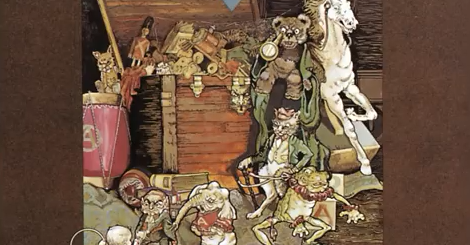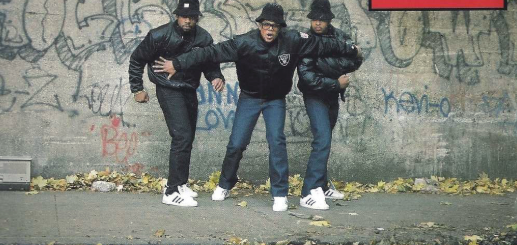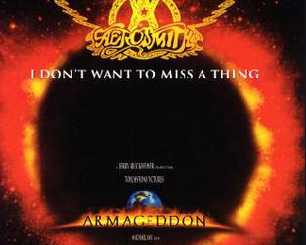“Dream On” by Aerosmith
Released on June 27, 1973, off debut LP Aerosmith, “Dream On” was produced by Adrian Barber and written by Steven Tyler. The track mainly talks about ageing while encouraging listeners to enjoy life since no one has control of time or when they might die.
The first verse sees the singer talking about how he sees the wrinkles on his face more clearly whenever he looks in the mirror denoting the fact that he is ageing. The writer goes on to draw a contrast between the experiences gained throughout his life, recognizing that some have been good, whereas some bad moments have taught him great lessons. In the chorus, the writer chooses to feel optimistic amidst pain while imploring his listeners to sing along and enjoy the moment before they finally die and leave earth.
Facts about “Dream On”
Dream On was Aerosmith’s first ever single.
In order to focus their attention on songwriting for their debut album, the band’s manager David Krebs made them live in the same house.
The songwriter Steven Tyler had been working on bits of this particular track for at least six years. He was finally able to finish it when the band spent time together.
Tyler claims he got the inspiration for the song through listening to his musician father play the piano when he was 3. He also explained that the song came to him while he played the piano at age 17 or 18, and he never expected it to be a real song.
Dream On has been described as the single that saved the band from being fired by their record label.
Guitarist Joe Perry did not like the song initially because it was a ballad.
Rapper Eminem used this track as the foundation for his 2002 hit song “Sing for the Moment”.
Steven Tyler’s ex-wife Cyrinda Foxe authored a book titled Dream On in 1996, where she attacked the musician for his misdeeds.
Dream On was not a major hit immediately after its first release. It however, reached the top of the charts, peaking at number 6, three years later when Columbia records re-released it at the suggestion of David Krebs.
In 2015, Steven Tyler of Aerosmith requested that Trump desist from playing this iconic ballad at his political rallies ahead of the 2016 presidential election. The band sent a cease and desist letter shortly afterwards as a warning.








